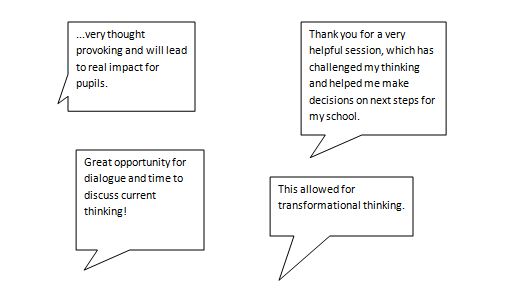 Gillian Campbell (Curriculum Support Officer for Secondary) has been working, since taking up post in September, on the creation of ‘Subject Development Groups’ (SDGs) for Falkirk schools. At present we now have 25 groups representing the subject areas which our secondary schools present to SQA for new National Qualifications.
Gillian Campbell (Curriculum Support Officer for Secondary) has been working, since taking up post in September, on the creation of ‘Subject Development Groups’ (SDGs) for Falkirk schools. At present we now have 25 groups representing the subject areas which our secondary schools present to SQA for new National Qualifications.
Each secondary school can appoint a subject specialist to join this group and the majority of the 25 SDGs have represenatation from each of the schools.
In their most recent meetings these groups have created action plans detailing the development work they feel is needed for the coming year in their specific subject area. Individuals and groups have opted to take on pieces of development work which will then be shared across the authority.
In additon to planning upcoming developments these groups discuss their experiences in implementating the NQs and as a platform for quality assurance of materials and for completing authority level moderation. In a time of massive curricular change in Scotland there has been recognition of the importance of secondary teachers working across schools to share workload and these groups are an excellent example of such collaboration.
For more information on SDGs and their work email: gillian.campbell@falkirk.gov.uk

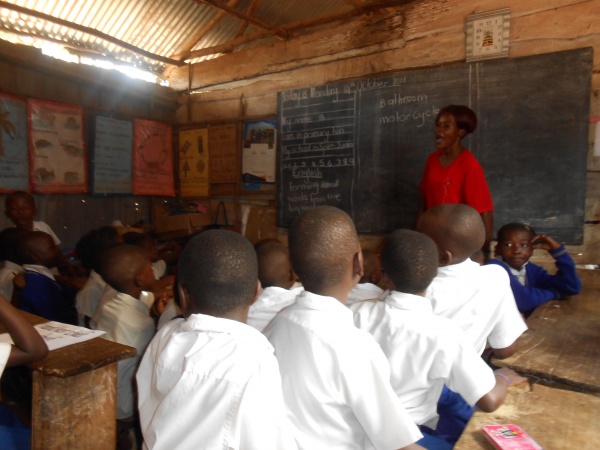
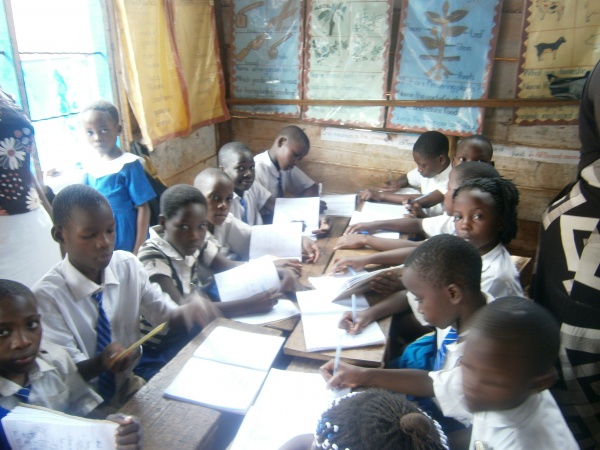






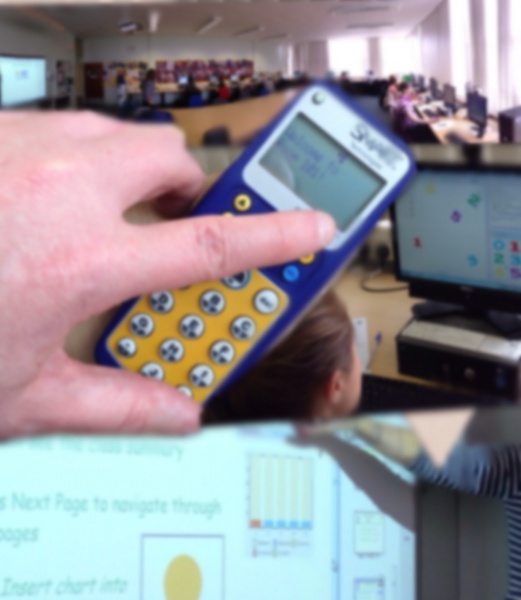
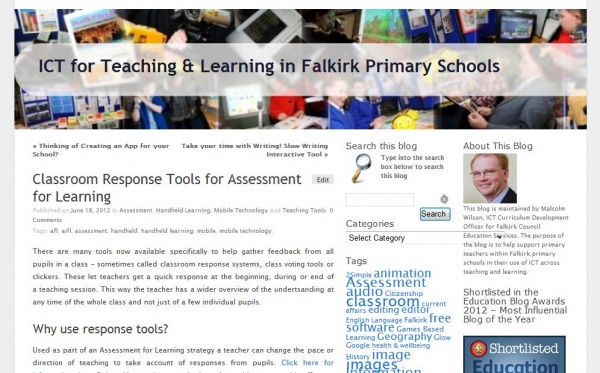
 Smart Response tools
Smart Response tools

